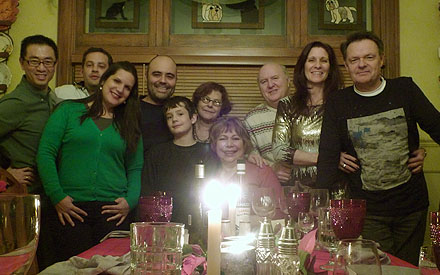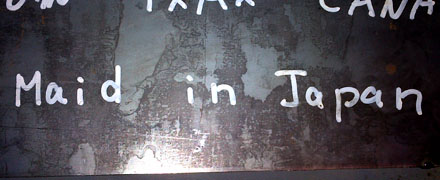Today McMaster University, partnered with Mohowk College, offered a job fair for students and alumni. Since the current contract job will end at the end of this month, I took a day off to join the job fair.
As I wrote in early posts, I sent my resume to many companies and recruit agencies, and all of them except for the one who offered the current contract job did not reply. I had no way to know why they did not reply, and got discouraged. But job fair is fair; everyone can talk to recruiters and see how they react. I talked to many people. Some of them politely explained what they do, listened to me and gave me some positive words, while some others automatically received my resume. I could tell whether I can be a candidate to be considered or I am not qualified and do not interest them. This is one of the good things about job fair.
Another benefit of job fair for me is that I can measure my verbal communication skill. If I saw the recruiter’s reaction, I could tell how good or bad my communication skill is. It was like preparing for job interviews.
How did it go? I had some positive impression of a few companies, but for now I dare not to talk about it because I do not want to be disappointed. I will write about it if I have got any good news from them. I hope it will happen.





